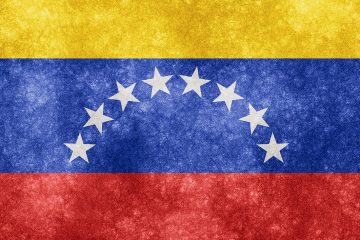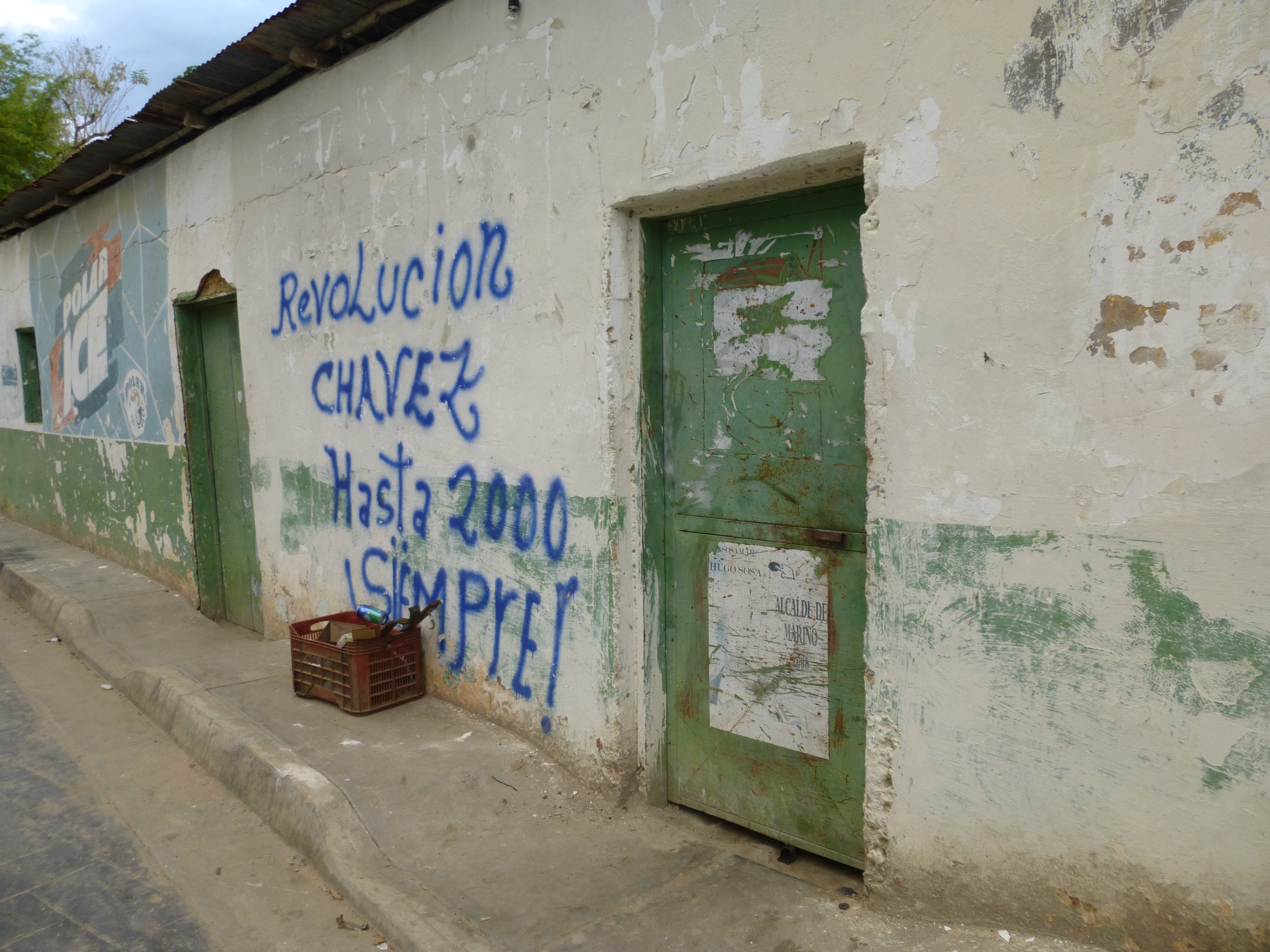
Why Venezuela is Collapsing but President Maduro Still Standing
Creating external crises to deviate from internal problems is a well-known recipe in politics. Unpopular dictators often resort to this tactic to shape the discourse and concerns of the opposition, media, and population. In Venezuela, President Nicolas Maduro has adopted this tactic since day one. The regime’s latest attempt to induce a crisis was fabricating the notion that the opposition, in collaboration with the U.S., sought to end Maduro’s life with a drone attack. Nobody has taken this story seriously. Thus, this piece will not waste time discussing the drone affair but will instead focus on five issues that really matter. Nobody Chose This When thinking about the Venezuelan crisis, one might erroneously believe that people chose this type of …

Security and the post-Chávez Bolivarian project: A Convenient Revolution for Free-riders?
With Venezuelan president Hugo Chávez’s death last week, the world has lost a flamboyant actor on the international stage. Yet the play seems to go on as usual. Radical change to Venezuela’s domestic and international politics is unlikely. Several polls indicate that interim president Nicolás Maduro will win the elections to be held on 14 April and his rhetoric suggests that he will continue Chávez’s policies. Even if Henrique Capriles, the opposition candidate, triumphs, he will not change policies overnight.
But while many have speculated about the implications for both advocates and opponents of Chávez’s Bolivarian Revolution, few have cared about those at the margins of it: the “free-riders” who do not necessarily endorse Chávez’s project, but for whom it has been a convenient platform to pursue their interests. This free-riding exists on the national, regional and international level and could provoke serious security threats for Venezuela and beyond if it continues to be ignored.

The Revolution Without Chávez: What are the likely scenarios?
The news of the death of Venezuela’s President, Hugo Chávez, has predictably received divergent responses from the international media. His passing was met with glee by opponents of Chávez – who claim that his presidency was characterised by personalism, economic mismanagement and autocratic leanings – and met with dismay by supporters of the President and the Bolivarian Revolution – who see the potential for the undermining of his legacy, the vast improvements in social indicators, the attempts to socialise the economy and the recovery of a left-wing alternative after thirty years of neoliberalism.
This polarisation of the international media reflects the political polarisation within Venezuela. While sections of the opposition partied in Miami, Chávez’s supporters filled plazas throughout Venezuela on Tuesday night and on Wednesday, thousands marched with the coffin on its journey to lie in state in the Military Academy.
What unites both points of view, though, is an appreciation of the pivotal role of President Chávez in leading the transformation of Venezuela since 1999. The most fundamental question, therefore, has to be whether the Bolivarian Revolution can survive without this key figure.









